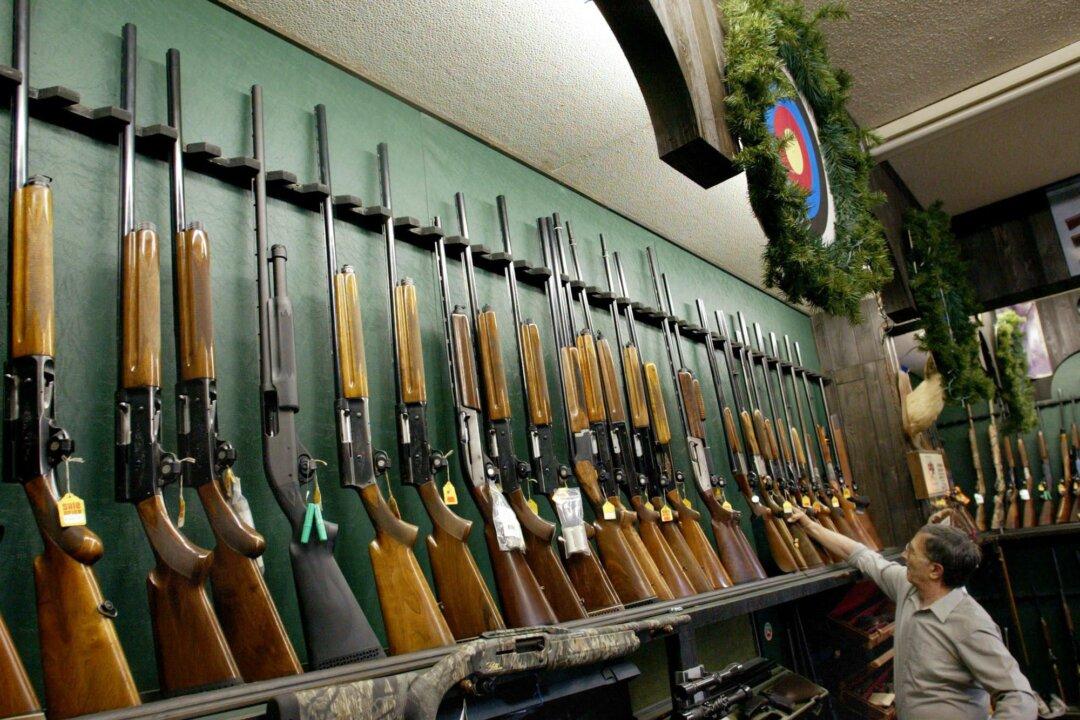The Alberta government has followed through on previous promises, tabling a provincial firearms bill intended to push back against Ottawa’s efforts to confiscate certain types of guns.
Justice Minister Tyler Shandro introduced Bill 8, the Alberta Firearms Act, in the legislature on March 7, with the stated purpose of providing the province “with more tools to protect areas of provincial jurisdiction over firearms while expanding the role of the Alberta Chief Firearms Office.”





